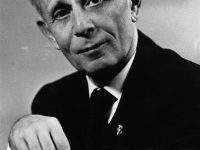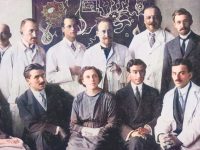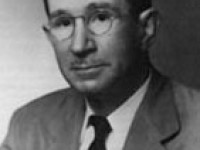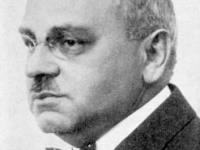Thomas Willis and the Anatomy of the Nervous System
On January 27, 1620, English physician and founding member of the Royal Society Thomas Willis was born, who played an important part in the history of anatomy, neurology and psychiatry. A club of scientists including Robert Boyle, Christopher Wren and John Wilkins met in his rooms in Oxford, which later should become founding members of the Royal Society.[5,6] “But the office of the Cerebral seems to be for the animal Spirits to supply…
Read more











